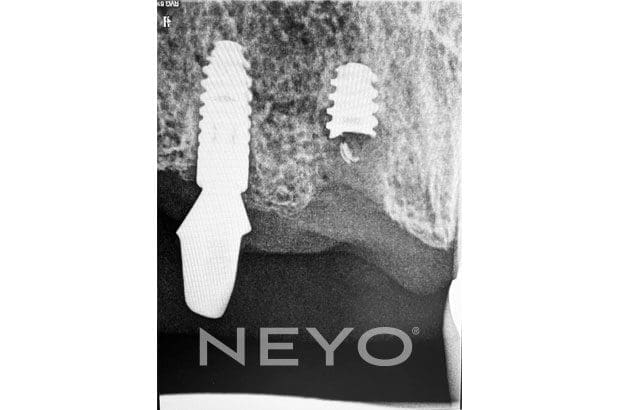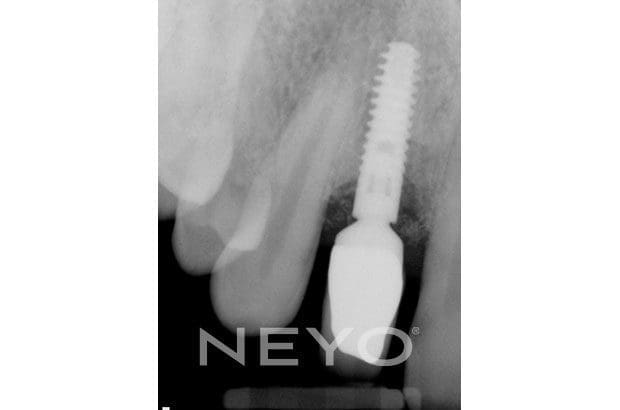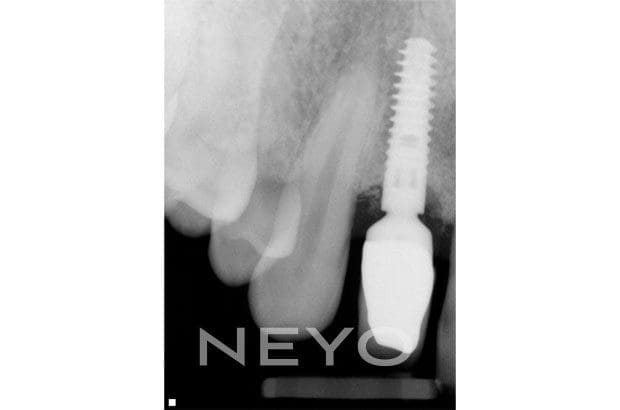Dental implants have a high success rate of 95 percent, however we do treat people with implant complications. There can be many reasons why an implant develops a complication and often it is not painful. Unfortunately the lack of symptoms can lead to a delay in treatment and in extreme cases to possible loss of your implant. For this reason we will always promote regular checks and maintenance with an implant professional when considering a dental implant.


Implant Complications
Information on this concern
About this concern

What are the symptoms of an implant complication?
- Often there are no symptoms
- Loose implant crown
- Implant crown chipped or cracked porcelain
- Red, swollen, painful or bleeding gums
- Receding gums or gums pulling away from the implant
- Bad breath or a bad taste in the mouth
- Nerve damage leading to pain, numbness, or a tingling sensation
- Sinus problems
What causes an implant complication?
- Poor brushing and flossing
- Tobacco smoking
- A history of periodontitis
- Poor general health
- Strong bite or bruxism
Diagnosing and treating an implant complication
There are many different implant manufacturers and designs. Any information you have relating to your dental implant will always be useful. We would start by examining the implant, evaluating the gums around the implant and assessing the implant bone support. Depending on the complication treatment may include:
- Tightening the implant crown. Depending on the type of implant crown this can be as simple as using an implant screwdriver to tighten the implant crown so it is no longer loose.
- Remaking the implant crown. Like with any dental crown or veneer, over the years it is possible for the porcelain to chip or crack. It may be possible to repair the damage at the dental laboratory. When it is not possible to repair the damage a new implant crown or implant bridge may be recommended.
- Deep cleaning the implant. Either with Professional Mechanical Plaque Removal (PMPR) or Conservative Peri-Implant Surgery. This is a deep cleaning treatment that carefully removes plaque biofilm and calculus from your implant both above and below the gum line. Once the implant is clean, the gum pocket can begin to heal.
- Implant Extraction. In some cases when bone loss or damage around the implant is severe the implant cannot be saved. Removal of the implant may be recommended.
Please do not ignore painful or bleeding gums because sometimes the damage cannot be completely reversed. The sooner an implant complication is diagnosed and treated the more chance you have of preventing loss of your implant. If you recognise any of the symptoms above, make an appointment with a dental professional for a consultation.






